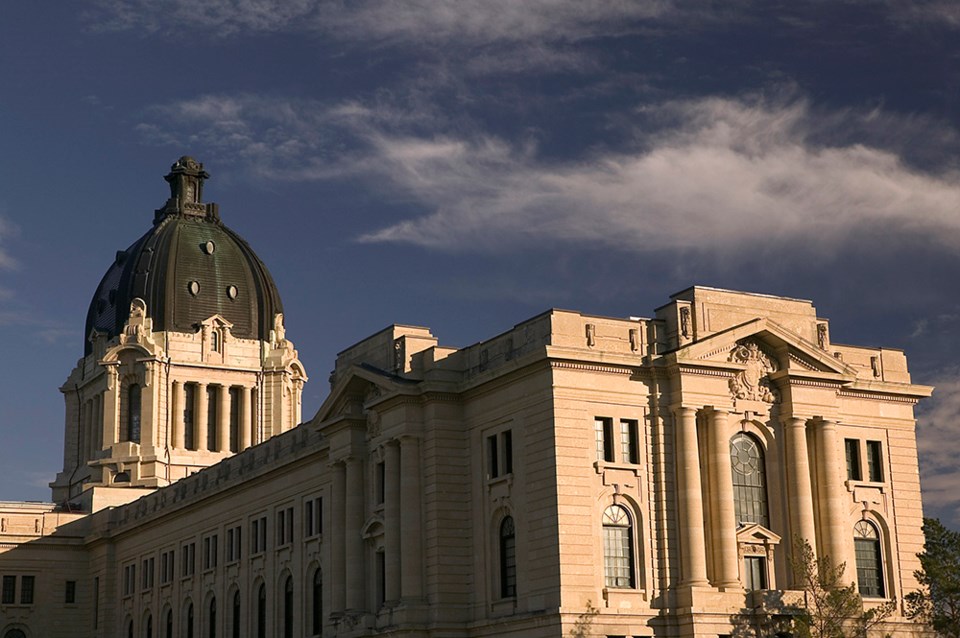The latest draft legislation from the federal Liberal government to reduce emissions in Canada was released last week, and this document won't be popular around here.
The government wants to have a net-zero power grid by 2035, with a plan to further reduce reliance on fossil fuels for power generation. It also requires Canada's provinces to move toward non-emitting power grids to access clean electricity investment tax credits.
The feds also claim a Clean Electricity Strategy will be released in 2024.
It was noted during the announcement that 84 per cent of electricity in Canada is generated from sources like hydro and nuclear, but now the feds want to see fossil fuels comply with rigorous standards for emissions.
People were worried this document would spell the end of natural gas plants, but that's not the case. Federal officials said existing natural gas facilities could comply with that performance standard with the help of carbon capture and storage systems, which would be required to sequester 95 per cent of their emissions.
The regulations will also allow a certain level of natural gas power production without the need to capture emissions, as it will be exempted during emergencies and peak periods when renewables, such as wind and solar, cannot keep up with demand – something we already know here in Saskatchewan.
Some newer plants might not have to comply with the rules until the 2040s.
We’ve heard the rampant speculation that SaskPower is looking to convert the Shand Power Station to a natural gas plant instead of coal so that it can continue to operate beyond 2030, when the government's looming regulations for coal-fired power come into effect. This document does not prevent that from happening.
The reaction from the likes of Premier Scott Moe and his Alberta counterpart, Danielle Smith, was what you would expect. These regulations are not friendly for their provinces. It shows how little the federal government knows about the unique challenges facing these two western provinces, as well as other provinces in the country. The net-zero deadline for the power grids should be 2050, not 2035.
The feds admit that people will see their power bills go up due to these new regulations, but they counter that people will see an overall cost savings because of greater usage of electric vehicles –that utopian idea that says by 2035, all vehicles sold in Canada will be electric, and we're going to have the power grid to accommodate the electric vehicles, with renewables able to meet the demand.
And while there is no doubt that technological advancements for the power grid and for electric vehicles will grow significantly in the coming years, they will need a quantum leap in the next decade to happen.
While these regulations aren't popular here, they will be popular in larger urban centres, so our concerns are going to fall on deaf ears with the feds. The forest fires that we've seen across the country this year represent the latest reason for people in larger centres to call for further reduced emissions.
But these regulations are another example of the Trudeau government overstepping its authority with the provinces. The best example of this was the carbon tax that it ramrodded down the throats of Alberta, Saskatchewan and other jurisdictions.
If you don't play by their rules, and do things their way, well, then you're going to pay the consequences.
And while critics of the Trudeau government's measures can cross their fingers and hope for a new government after the next election – likely to occur in 2025 – that doesn't mean this legislation is going to be repealed. Revised? Perhaps. Quashed? It's not a guarantee, especially if the Conservative Party wins a minority government and has to co-operate with another party, such as the Bloc Quebecois.
Meanwhile the provincial government has to be prepared for a 2035 deadline that is quickly approaching, even if the targets aren't realistic for Saskatchewan.


